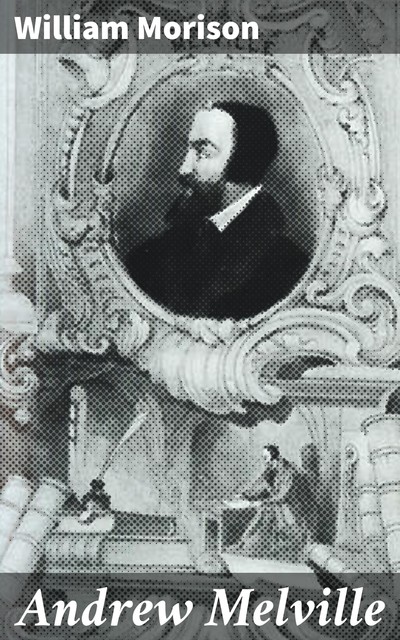In “Andrew Melville,” William Morison delves into the life and impact of one of Scotland's most influential reformers during the Renaissance. The book is structured with a blend of biographical narrative and critical analysis, employing a meticulous style that intertwines historical documentation with insightful interpretations of Melville's theological and educational contributions. Morison contextualizes Melville's work within the broader currents of the Scottish Reformation and the intellectual fervor of the period, highlighting the complexities of religious thought and conflicts that shaped 16th-century Scotland. William Morison, a noted scholar of Scottish history and theology, draws upon his extensive academic background to illuminate the failed yet transformative aspirations of Andrew Melville. Previously an educator and theologian, Morison'Äôs keen interest in the intersections of faith, education, and politics is evident throughout the text. His profound understanding of the socio-religious landscape of Melville'Äôs time enriches the narrative, providing readers with a nuanced perspective on Melville's legacy as an advocate for Presbyterianism and educational reform. This book is highly recommended for readers interested in Scottish history, religious studies, and the evolution of educational thought. Morison's carefully constructed arguments and his in-depth research make “Andrew Melville” a vital resource for anyone seeking to comprehend the intricate tapestry of the Reformation and the enduring influence of Melville's ideals.


